How did George Cardinal Pell, Prince of the Church, become a persecuted political prisoner, Australia’s Cardinal Mindszenty?
When the internationally esteemed Cardinal is finally laid to rest in Sydney’s great Basilica, it will be in the crypt already honoured with a bust of the persecuted Hungarian Prince-Primate.
Meanwhile, how were certain police, politicians, lawyers, journalists and even judges, so successful in suspending core Australian values and institutions, especially, the presumption of innocence, the burden and standard of proof and thus, the rule of law?
Why were the police allowed to pressure the jury by parading him into court daily through baying mobs, as...
Already a subscriber? Log in
Subscribe for just $2 a week
Try a month of The Spectator Australia absolutely free and without commitment. Not only that but – if you choose to continue – you’ll pay just $2 a week for your first year.
- Unlimited access to spectator.com.au and app
- The weekly edition on the Spectator Australia app
- Spectator podcasts and newsletters
- Full access to spectator.co.uk
Unlock this article
You might disagree with half of it, but you’ll enjoy reading all of it. Try your first month for free, then just $2 a week for the remainder of your first year.

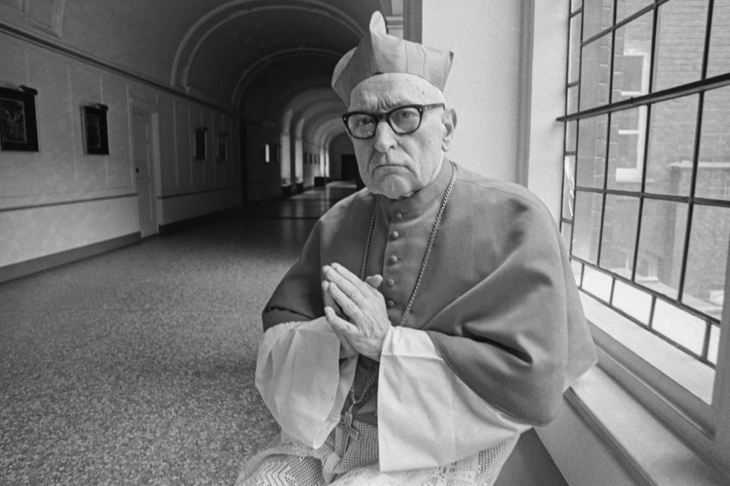
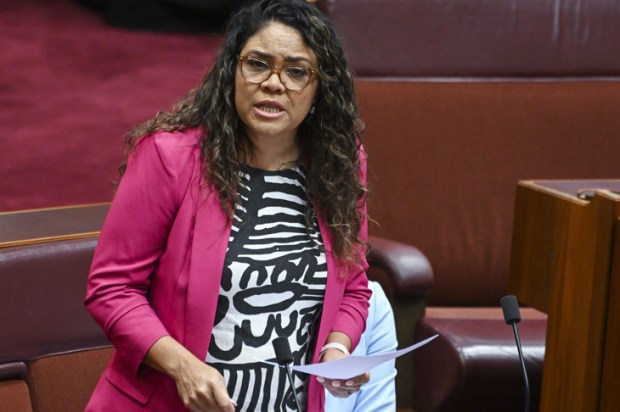
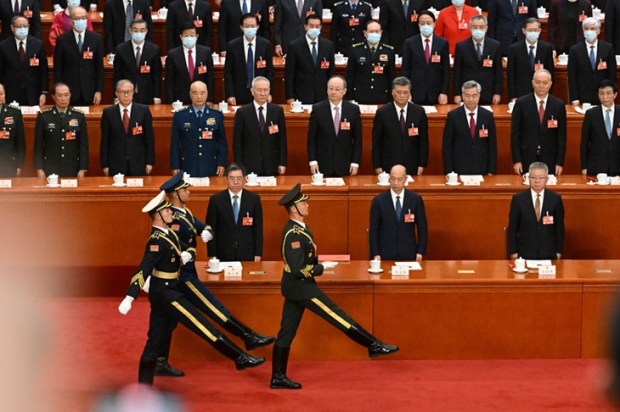
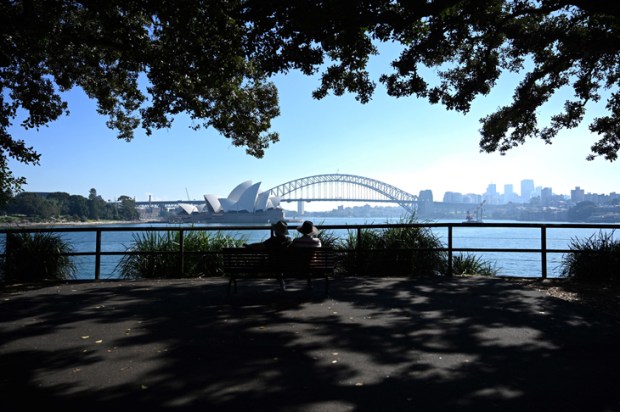
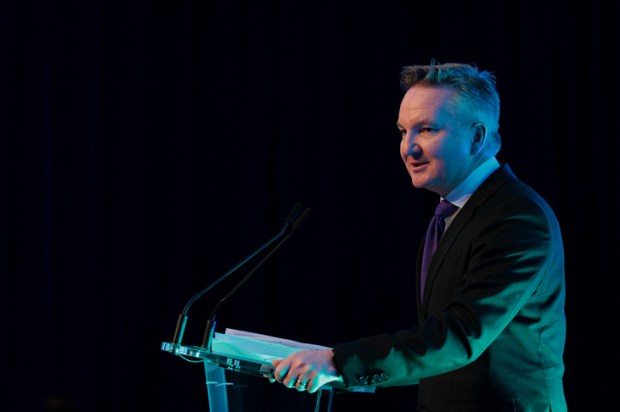

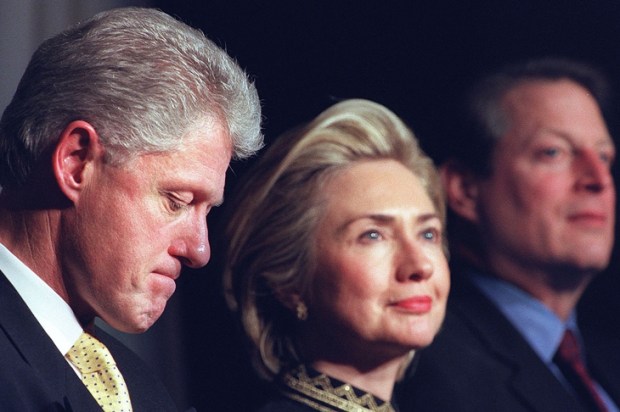






Comments
Don't miss out
Join the conversation with other Spectator Australia readers. Subscribe to leave a comment.
SUBSCRIBEAlready a subscriber? Log in